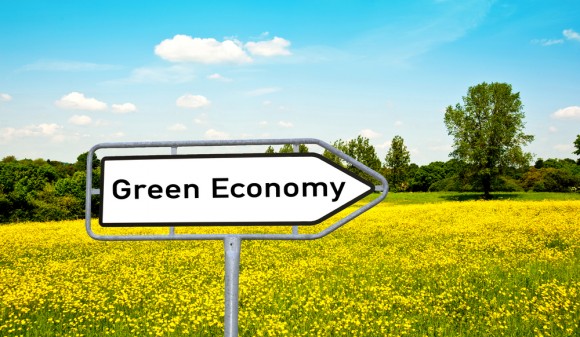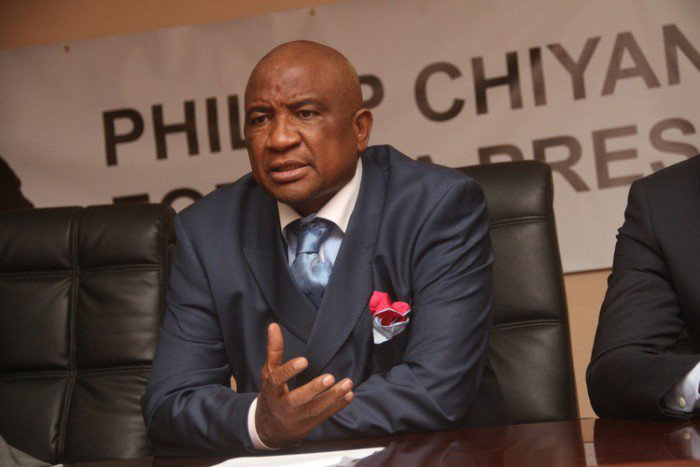Green economy: Tool for sustainable development

The green economy paradigm is necessary to overcome challenges of sustainability that the world is facing today, an expert has said. A green economy is one which ensures sustainable development without degrading the environment, one that minimises adverse impacts on society whilst fostering economic growth in the country.
Chief Sustainability Consultant at Toxiconsol, Tawanda Muzamwese said at the rate of growth and consumption the world was experiencing, a shift in the patterns of consumption and production was required at international, regional and national level.
Mr Muzamwese said the world with a population of seven billion people which was projected to reach nine billion by 2050, it was imperative for countries to understand and embrace the green economy.
“Zimbabwe is endowed with a wide array of natural resources. Efficient utilisation of natural resources in every economic sector is now widely regarded as the key to unlocking the potential of the country. It is now imperative that as a country we shift towards a green economy and facilitate the up scaling of clean technologies,” he said.
“Such a shift in the way we produce and consume goods offers an opportunity for leapfrogging what developed countries have done. It could also enable more companies to export goods and services internationally and gain competitiveness.”
“Any country can develop a strategy for greening the economy, which is in line with national context and this could be the time for stakeholders to strengthen this quest,” he said.
He said it was very essential for Zimbabwe to have a clear understanding of what a green economy entailed and also ways to mainstream it in its economic activities.
Mr Muzamwese said a lot of examples already existed and needed to be up-scaled in order to achieve a wider impact.
There are various opportunities that exist in Zimbabwe on how a green economy can be achieved. Industrial production processes need upgrading in terms of the production technologies towards efficient ones which minimise resource intensity such as that of energy intensity, water consumption and chemical consumption.
“Companies can adopt industrial energy efficiency, renewable energy technologies such as solar energy while clean energy technologies and waste treatment technologies were key for any company that generated residuals from its production process.
Due to the effects of climate change, companies are being urged to adopt low carbon emission technologies.
“As a way of achieving a green economy there is need to promote the adoption of standards at company level including ISO 14001:2015 Environmental Management Systems and ISO 50001:2011 Energy Management Systems.
Mr Muzamwese said the construction sector offered vast opportunities for resource savings with energy efficient buildings offering the country an opportunity to save on power.
He said this conscious shift requires collaboration among stakeholders including the government, building contractors, architects and members of the public. Sustainable buildings can adopt natural lighting, passive cooling and the use of sustainable building materials.”
“It is widely acknowledged in the country case studies we have analysed that a Green Economy Strategy can assist in mainstreaming green economy issues in various sectors of the economy.
“A green economy should present opportunities for creating green jobs through employment in selected sectors such as installation of renewable energy, waste recycling and waste management, chemical management services, and renewable energy generating infrastructure,” he said. — New Ziana.











Comments